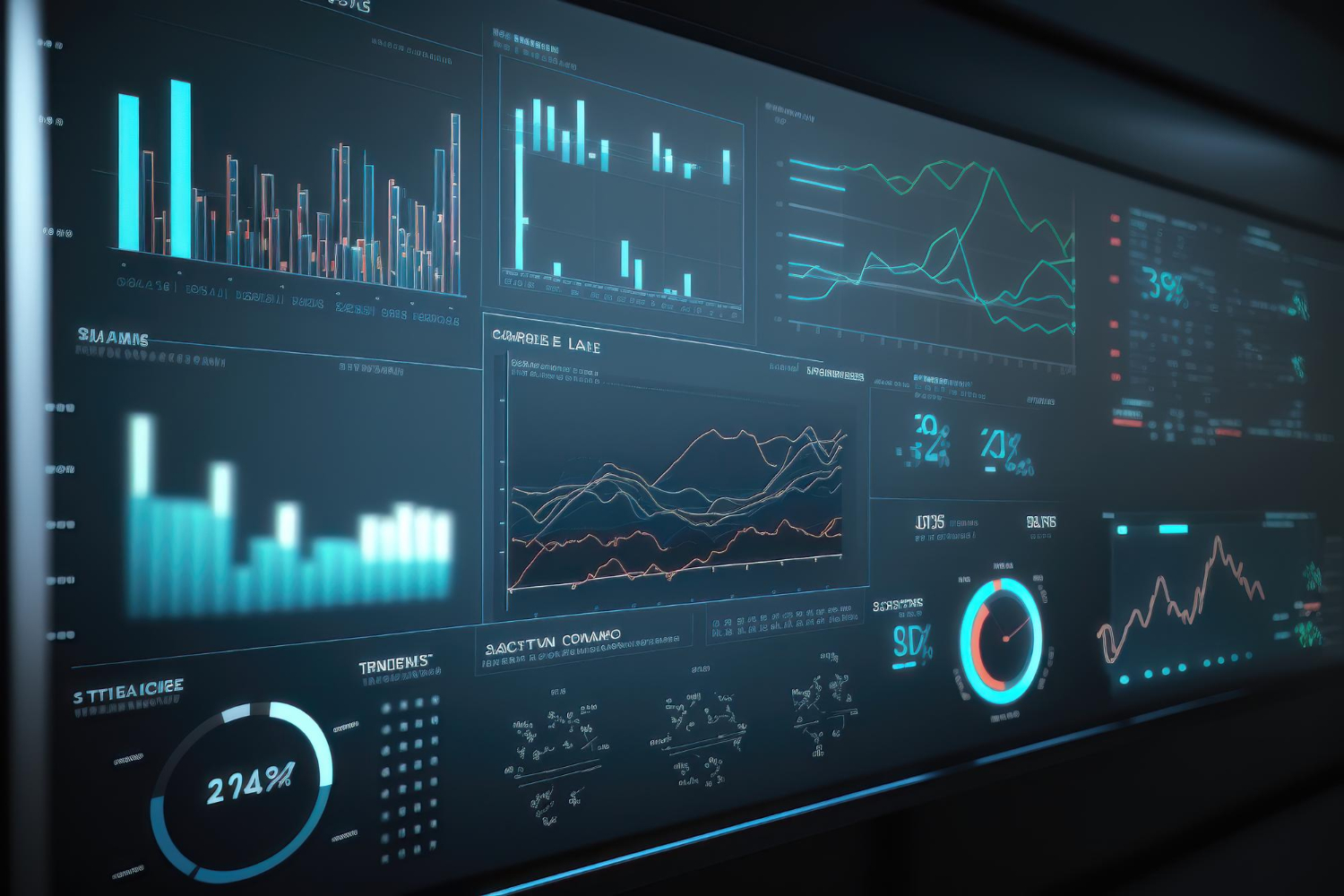The world of sports betting has undergone a major transformation in recent years with the emergence of big data analytics. As sportsbooks and bettors seek new ways to predict outcomes and gain an edge over the competition, big data has become an invaluable tool. In this article, we will examine the growing role of big data in sports betting and how it is being utilised to enhance predictions and probabilities.
The Promise of Big Data in Sports Betting
The betting industry relies heavily on data to set accurate odds and lines. Sportsbooks have long used statistics and data to gain insights into team and player performance. However, the volume and complexity of data that can now be collected and analysed has increased exponentially. From wearable player tracking devices, to advanced analytics software, big data enables much more nuanced and accurate modelling of probabilities. Intricate details like the spin rate of a pitched baseball, the velocity of a hit tennis serve, or the distance a running back gains before first contact allows oddsmakers to set razor sharp lines. For bettors, identifying patterns and trends in large datasets can reveal opportunities where the odds are misaligned with the true probabilities. Big data empowers bettors to validate or contradict the implied probabilities set by the sportsbooks.
New Data Sources to Enhance Predictive Modeling
Sportsbooks and betting platforms are exploring innovative new data sources to drive their predictive models. Digital tracking data through sensors and cameras at stadiums provide fine-grained spatial data on things like player accelerations and decelerations. Player performance can be isolated and analysed based on field positioning. Content from social media sites offers insights into things like team morale or locker room conflicts. News sources, blogs, fan sites, and online forums provide a stream of information on things like player injuries, roster changes, or team dynamics. All of this unstructured data can be processed through machine learning algorithms to uncover valuable signals. Structured watchability data from sources like TV ratings, streaming platforms, and traffic to team sites adds another layer of insight. If fans are losing interest, oddsmakers can factor in the potential impact.
Advanced Machine Learning Models for Probability Forecasting
Given the wealth of data available, machine learning now plays a pivotal role in sports betting prediction models. Sophisticated algorithms can detect subtle patterns and interactions that humans could never uncover from just box scores and statistics. Sportsbooks are developing neural networks, boosted decision trees, support vector machines, and other advanced methods to make sense of huge datasets. The most successful models combine multiple techniques to capitalise on the strengths of each. Pre-game statistical modelling, live in-game modelling, and contextual data modelling are combined to generate a holistic view. The outputs are probability forecasts across many potential outcomes, not just win or loss binary predictions. These granular probability forecasts enable precise modelling of the odds.
The Challenges and Limitations of Big Data Analytics
While big data analytics holds much promise, there are limitations. Most models focus on team performance at the expense of individual players. But the absence or underperformance of a single player can skew probabilities. Separating meaningful signal from noise is still difficult given the vast datasets and number of variables. Models must avoid overfitting and finding spurious meaningless patterns. Maintaining model accuracy over time is also difficult as player personnel and team dynamics change. Sportsbooks must continuously tweak models and add new data. Bettors also face the challenge of getting access to sufficient data to build their own effective models. Despite the limitations, big data remains a transformative force in elevating sports betting analysis.
Big Data Resources
It is a table that shows the names, descriptions, and locations of resources:
| Data Source | Description |
|---|---|
| Sportradar | Provides official sports data collected from leagues, teams, and sensors |
| Second Spectrum | Tracking data from cameras and sensors in stadiums and arenas |
| STATS LLC | Traditional box score data enhanced with computer vision tracking data |
| Elias Sports Bureau | Official league statistical data provider |
| Sportlogiq | Advanced player tracking data analytics firm |
| Hawk-Eye Innovations | Tracking technology for data like ball spin, speed, and trajectory |
| Synergy Sports Tech | Video processing to extract insights from game footage |
| Catapult | Wearables tracking biometrics and motion for athletic performance |
| SportVU | Camera systems in venues tracking detailed player movements |
| IBM SlamTracker | Tennis data analytics using machine vision and movement tracking |
Big Data in Upcoming Match Analysis
For a highly anticipated game like the season opener between the Tampa Bay Lightning and Nashville Predators, sportsbooks will utilise big data analytics extensively to set the odds. Historical stats on factors like each team’s record in season openers, opening day roster changes, player injuries and absences, preseason performance trends, and head-to-head matchup history will all feed prediction models. In-depth analytics on things like shooting percentage, power play efficiency, save percentage, hits, giveaways, and faceoff percentages specifically from last season’s opener will identify patterns. Sportsbooks will also analyse microstats from player tracking data in preseason games to detect changes in things like skating speed, acceleration, and shot velocity that could impact player performance in the opener. Nevertheless, it is important to understand that this is the first game of the season, and the entire analysis may need to be adjusted because the players might not be physically fit.
All in all, the advent of big data analytics has disrupted the sports betting industry. Sophisticated models powered by vast datasets and machine learning enable sportsbooks to set highly accurate odds and lines. For bettors, big data reveals inefficiencies in the betting lines and provides an informational edge. While there are challenges around data quality and model accuracy, big data will continue to transform sports betting into a more informed statistical prediction game. The bettors and sportsbooks most adept at capturing value from big data analytics will gain a clear competitive advantage.
